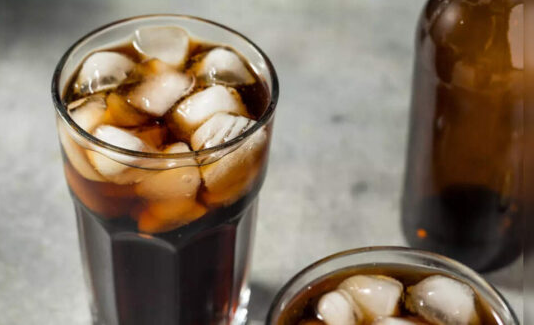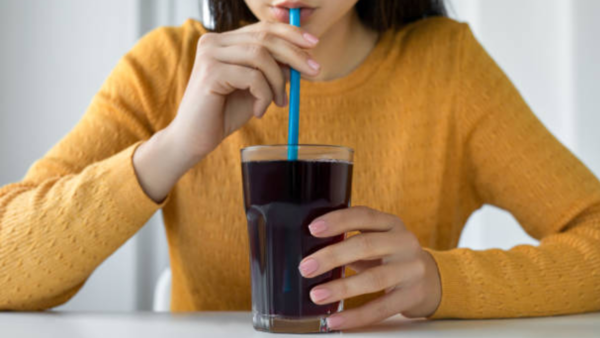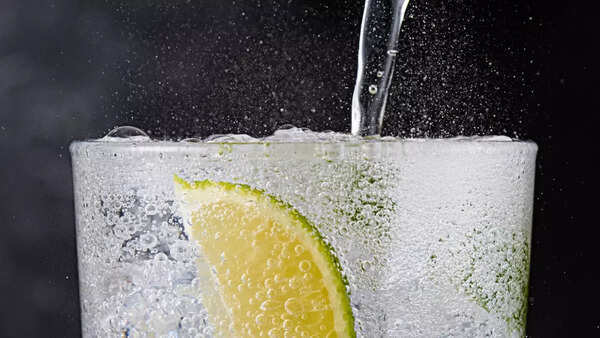
People nowadays are obsessed with diet soda, due to its promise of zero sugar and zero calories. It almost looks like a guilt-free beverage, especially for those trying to lose weight. But diet drinks might not be the sweet spot. Switching to diet soda may leave more than just a synthetic aftertaste. A new study found that drinking diet soda may sabotage your weight loss journey. Researchers from the Keck School of Medicine of USC found that diet sodas may increase food cravings and appetite, especially in women and people who are obese..The culprit in diet soda
The researchers found that drinks that contain the artificial sweetener sucralose are linked to increased food cravings. This was one of the largest studies to examine the effects of an artificial sweetener, also called a nonnutritive sweetener (NNS), on brain activity and appetite responses in different segments of the population. Over 40 percent of adults in the US currently use NNSs to satisfy their sweet tooth. Many consider it a calorie-free way to accomplish weight loss goals. “There is controversy surrounding the use of artificial sweeteners because a lot of people are using them for weight loss. While some studies suggest they may be helpful, others show they may be contributing to weight gain, type 2 diabetes, and other metabolic disorders. Our study looked at different population groups to tease out some of the reasons behind those conflicting results,” Kathleen Page, MD, corresponding author and an associate professor of medicine at the Keck School of Medicine, said in a statement. The study

To understand the effects of artificial sweeteners on health, the researchers studied 74 participants. The participants were divided based on gender and categorized as healthy weight, overweight or obese, over three separate sessions. During each visit, the participants consumed 300 milliliters of either a drink sweetened with table sugar (sucrose), a sucralose-sweetened drink, or water.The researchers used functional magnetic resonance imaging (fMRI) to measure three things: activation of regions of the brain responsible for appetite and food cravings in response to pictures of high-calorie foods such as a burger and donut, and glucose (blood sugar), insulin, and other metabolic hormones in the blood. Artificial sweeteners were linked to more cravings

The researchers found increased activity in regions of the brain responsible for food cravings and appetite in both women and obese people after they consumed sucralose-containing drinks, when compared to those who drank real sugar drinks. The levels found that after drinking the zero-calorie artificially sweetened drinks, the participants had lower levels of hormones that signal fullness, compared to when they drank the sugar-sweetened drink. This suggests that diet drinks may not really help curb hunger.They also found that female participants who drank artificial sweetener drinks snacked more, whereas snack food intake did not differ for male participants.
“Our study starts to provide context for the mixed results from previous studies when it comes to the neural and behavioral effects of artificial sweeteners. By studying different groups, we were able to show that females and people with obesity may be more sensitive to artificial sweeteners. For these groups, drinking artificially sweetened drinks may trick the brain into feeling hungry, which may in turn result in more calories being consumed,” Page said.So, if you enjoy drinking diet sodas, thinking it may help you with weight loss, think again.